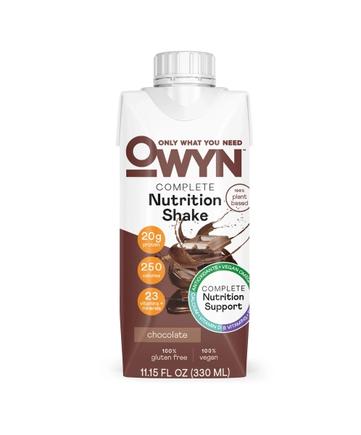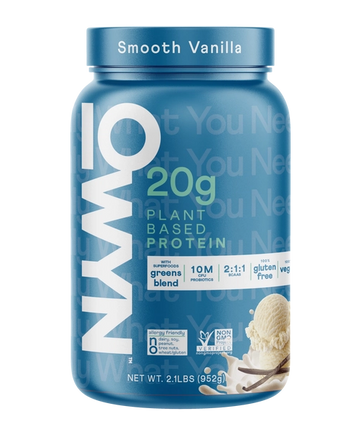Save 10% OFF All Subscription Orders.
Save 10% OFF All Subscription Orders.

There is truth to the cliche, "you are what you eat". Our diet plays a key role in regulating our gut microbiome, which in turn can affect our holistic health. Check out the list of foods recommended by a Registered Dietitian to include and limit in your diet to help support a healthy gut!
First off, let’s discuss the gut microbiome. This is an area of the body where numerous tiny microorganisms, such as bacteria, live. When we think of bacteria, we associate it with a negative thing, when in fact there are good bacteria that have been shown to improve our gut health. The foods we eat can truly impact how our digestive system functions, which in turn can impact our physical and psychological health. Good gut health plays an integral role in reducing diseases such as Crohn's disease, ulcerative colitis, and irritable bowel syndrome.
The good thing about our gut microbiome is that there are numerous ways we can take control over the health of our gut. Typically, fermented foods are the most beneficial in increasing the good bacteria in our gut, which helps to maintain a balanced microbiome. Most of the foods that support a healthy gut are referred to as prebiotics and probiotics. Prebiotic sources of food can help to feed the good bacteria in the gut, while probiotic sources of food can help to improve or restore gut health.
Best Foods for Supporting Gut Health
1. Yogurt
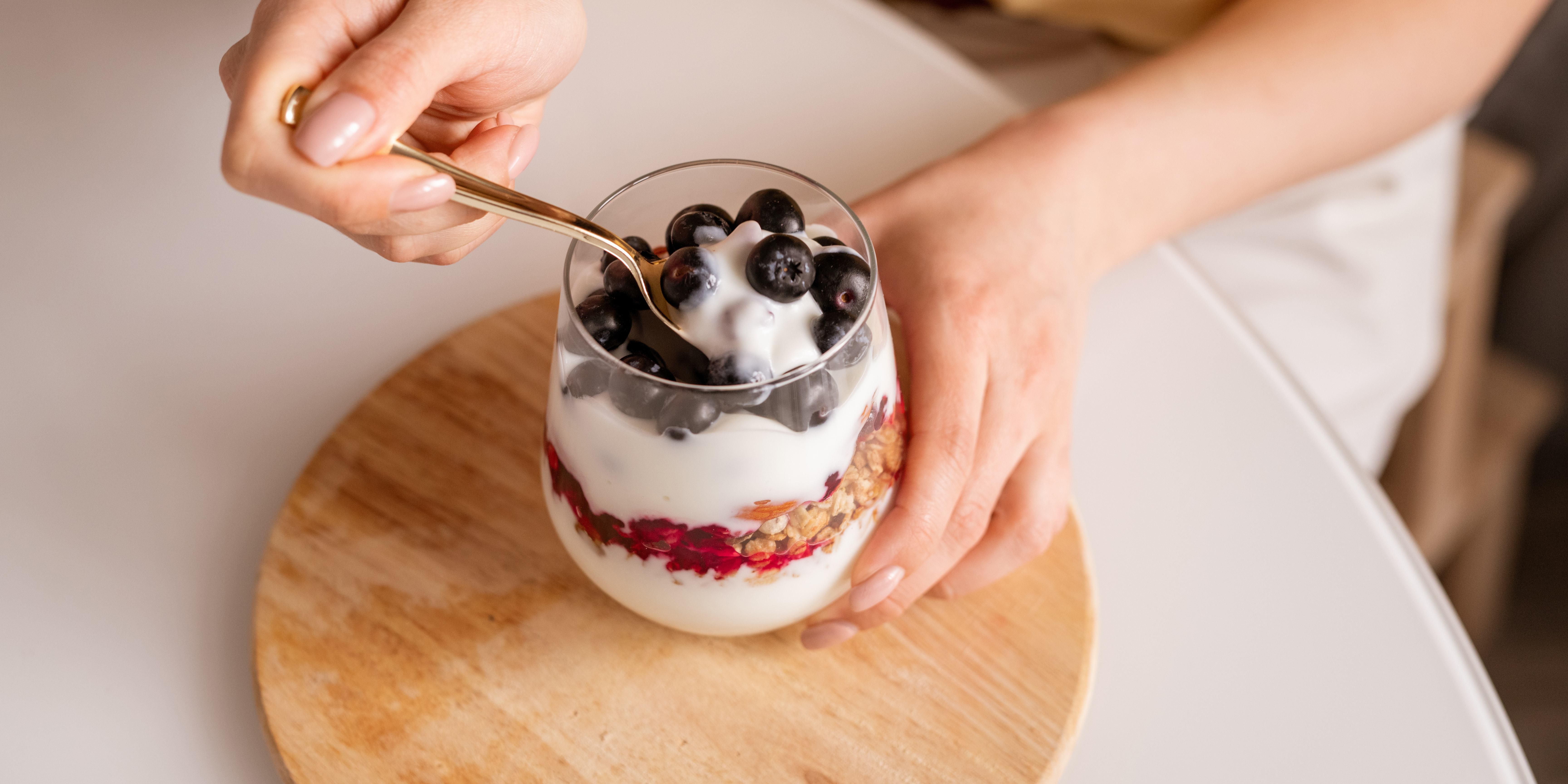
Yogurt falls under the category of fermented foods and is considered a probiotic. It helps to reduce inflammation, increase gut bacteria, and strengthen the gut.
2. Beans and Legumes
Whether it’s chickpeas, black beans, peas, lentils, or soybeans, this category of fiber-fueled foods are considered to be a prebiotic, as they are a good source of nutrition for gut bacteria. They contain soluble and insoluble fiber, which aids in a good-functioning digestive system; thus, reduces stomach-related issues.
3. Tempeh
Tempeh is a plant-based soy protein that’s considered a prebiotic. It’s easy to digest and is a good source of fiber, which helps to improve digestion and reduce symptoms related to IBS.
4. Sauerkraut
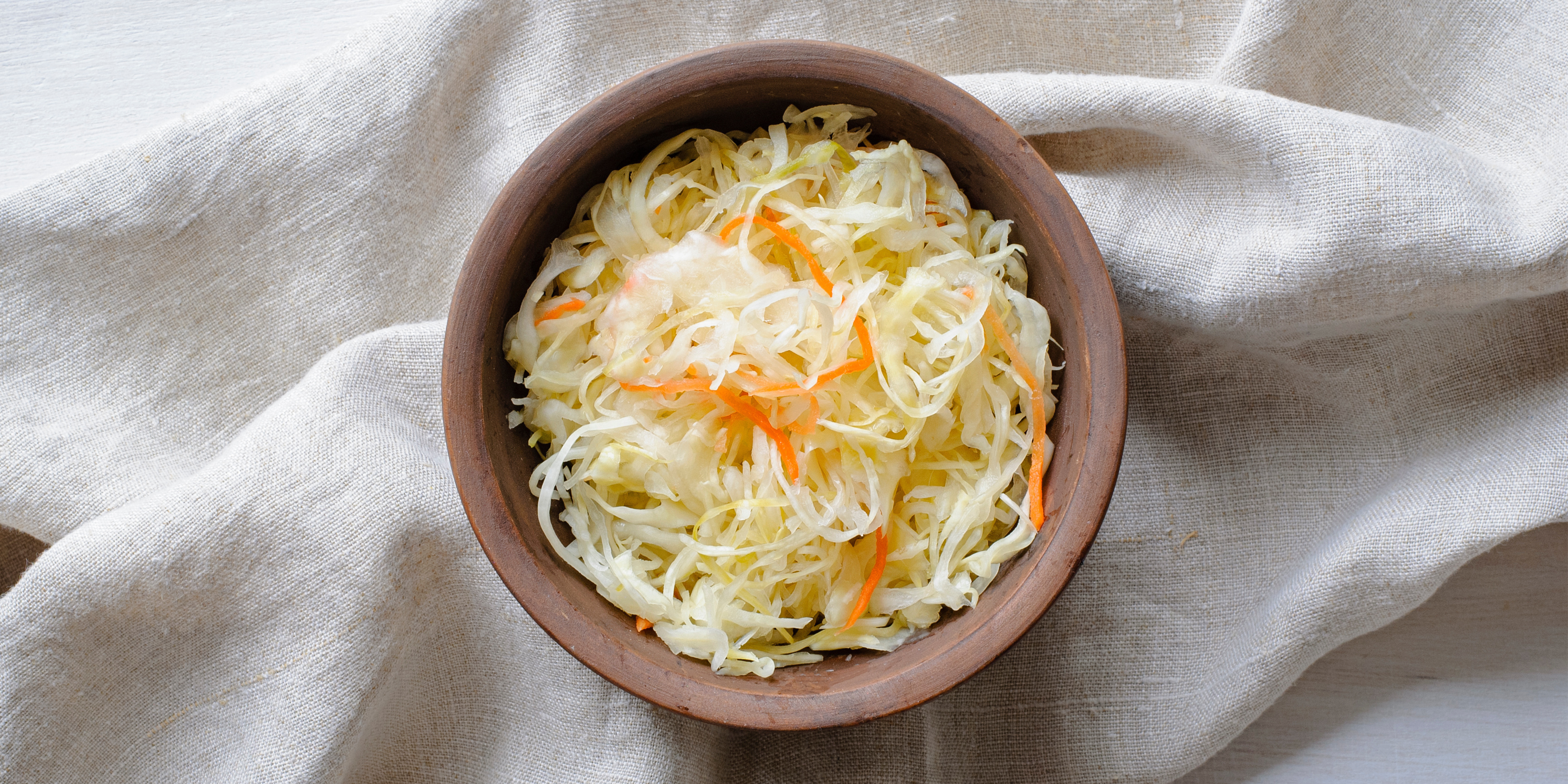
Sauerkraut is fermented cabbage that’s packed with nutrients. This probiotic is an excellent food source that aids in digestion and helps to keep your gut microbiome in great shape.
5. Garlic
Not only is garlic powerful in its odor (and potential stinky breath), but it’s also powerful in increasing the good bacteria in your gut. Garlic is referred to as a “functional fiber,” which is a type of fiber that’s added to foods that have beneficial effects on the human body (different from dietary fiber).
6. Onions
Onions are an easy addition to just about any meal, whether they’re cooked or raw. They are a prebiotic that play an important role in maintaining a healthy gut.
7. Plant Protein
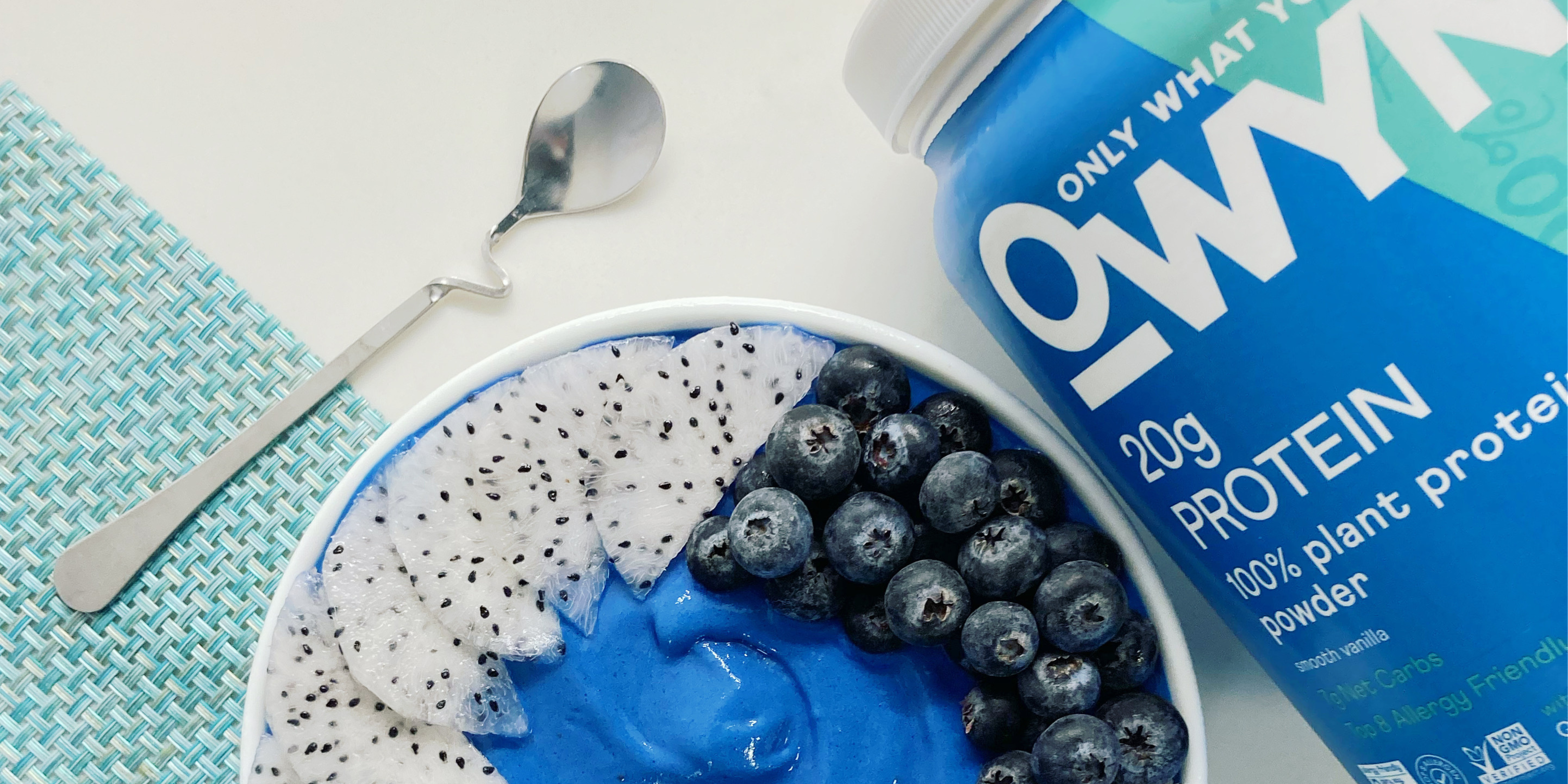
There are even some plant protein products that are natural and can have the same effects as the whole foods listed above. However, you must look at the nutritional label to know the ingredients in the product are working for you, not against you. For instance, OWYN is a natural plant protein that does not contain any of the top 8 allergens. This aspect of OWYN’s products is beneficial in reducing inflammation and promoting a healthy gut.

Protein Powders
Our allergen-friendly Plant Protein Powder is a premium multi-source plant protein blend with 20g of protein per serving and low sugar. Combined with probiotics and a superfoods greens blend for added nutritional benefits.
Shop NowNow that you know some of the top foods you should include in your diet to support a healthy gut, you should also be aware there are foods to stay away from.
Worst Foods for Gut Health
1. Refined Sugar and Artificial Sweeteners
These added sugars can have an adverse effect on the healthy bacteria in your gut, which in turn can cause inflammation. Refined and artificial sweeteners are a hidden ingredient in many processed foods and even sometimes “healthy” foods. Luckily, OWYN has no artificial sweeteners or sugar alcohols at all, making it gut friendly!
2. Red Meat
There are numerous studies indicating that red meat can alter the gut microbiome. It can increase your chances of developing other diseases, such as diabetes, obesity, and some cancers.
3. Fried Foods
As you probably already know, fried foods should not be consumed in a regular diet. In fact, they have the potential to increase the amount of harmful bacteria found in the gut. Fried foods are high in saturated fats and have been shown to cause the opposite of a healthy gut, also referred to as a leaky gut. When you have a leaky gut, you may experience symptoms such as inflammation, indigestion, gas, bloating, diarrhea, and reduced energy.
All in all, it’s important to know your body in order to understand the foods that may cause you symptoms such as diarrhea, constipation, bloating, and fatigue. This can be a sign that your gut microbiome is out of whack. However, the adding and trying to limit the foods listed above respectfully, can help to improve your gut and help you live a healthier lifestyle.
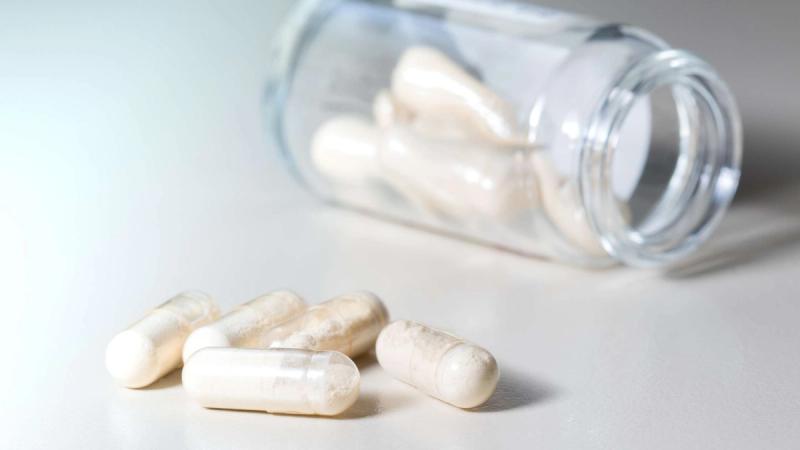
Probiotics and Your Gut
It’s also wise to do a little digging into your probiotic of choice. Not every option has the same quality or the same function

IBS Triggers and Ingredients to Avoid with IBS
Did you know that certain ingredients and foods can alter gut health function? Check out this blog post to learn more about food associated triggers that can exacerbate IBS symptoms.

Chocolate Dipped Strawberry Protein Shake
Craving something that tastes like dessert but still delivers on nutrition? The Chocolate Dipped Strawberry Protein Shake is rich, refreshing, and perfect as a post-workout boost, afternoon pick-me-up, or anytime you want a chocolatey, feel-good treat.
